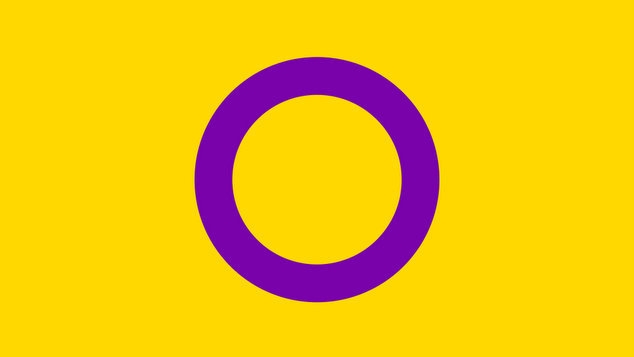
Today, October 26, is Intersex Awareness Day.
“All human bodies are different, and intersex variations are a natural part of human diversity,” Tony Briffa, IHRA Vice-Chair and IPSA President commented on the importance of the day of recognition.
Intersex Human Rights Australia (IHRA), Intersex Peer Support Australia (IPSA) are two of leading organisations supporting and advocating for intersex people.
Intersex people have innate variations of sex characteristics that differ from medical and social norms for female or male bodies.
Intersex is an umbrella term for a diverse range of different traits that can be determined prenatally, at birth, during puberty and at other times. People with intersex variations grow up to express diverse identities, including LGBT and non-LGBT identities.
Last year a landmark report was released by the Australian Human Rights Commission that highlighted the need for intersex people to be given autonomy over their medical decisions.
Often doctors and parents make decisions about intersex people’s medical treatment when their are infants, which robs people of choices.
Launching the report Dr Rosalind Croucher, Chair of the Australian Human Rights Commission said increased research and input from people who are intersex and their families had highlighted that approaches and attitudes were changing.
“Many of the most controversial and contested interventions have occurred when individuals were infants, or as children too young to be able to provide their own consent.
“Decisions about these procedures have often been made based on prevailing social attitudes and the available research base – both of which have changed in important ways over recent years.” Dr Croucher said.
Among the key findings of the report was a recommendation that medical interventions to modify the sex characteristics of people born with variations in sex characteristics should be guided by a human rights framework.
It proposes that medical interventions should be deferred where possible should be delayed until a time when the child is able to make their own decisions about what happens to their body.
It also calls for new resources to increase awareness of variations of sex characteristics in the community, educational, service and employment settings, and to reduce the associated stigma.
The report recommends that the most effective way to achieve this would be for the Australian Government and state and territory governments should fund community organisations led by people born with variations in sex characteristics.
Lifelong support and care services should also be created and supported, alongside more research and clinical oversight process.
OIP Staff
You can support our work by subscribing to our Patreon
or contributing to our GoFundMe campaign.






